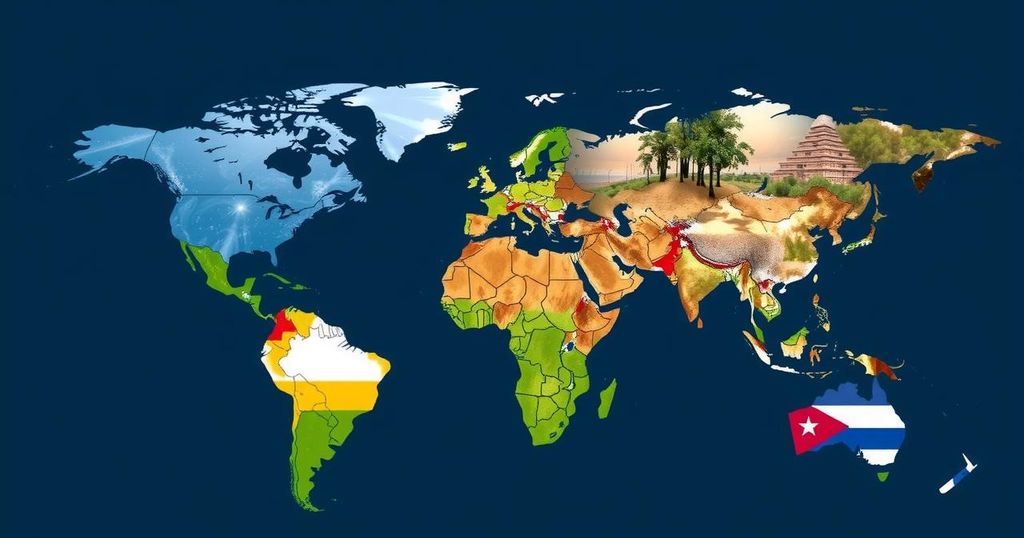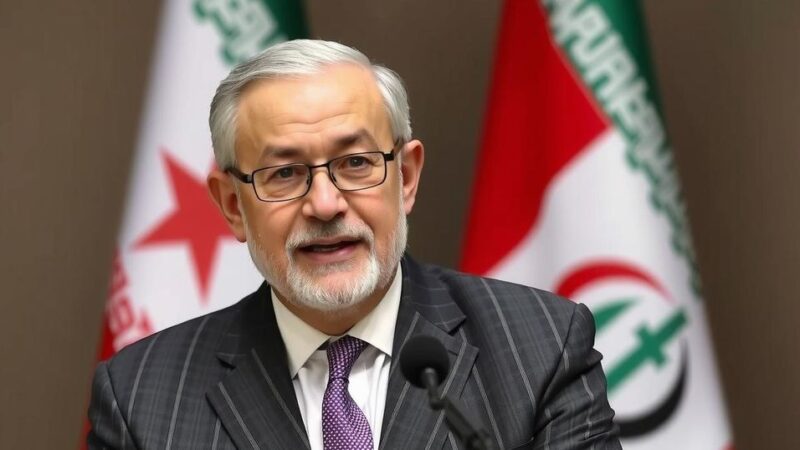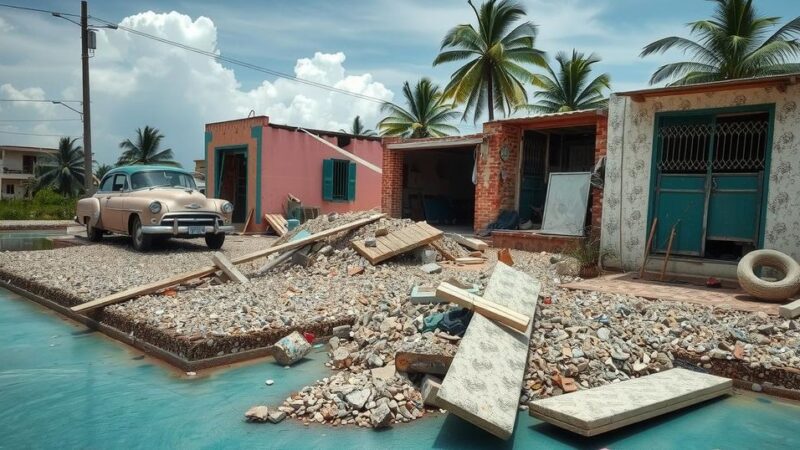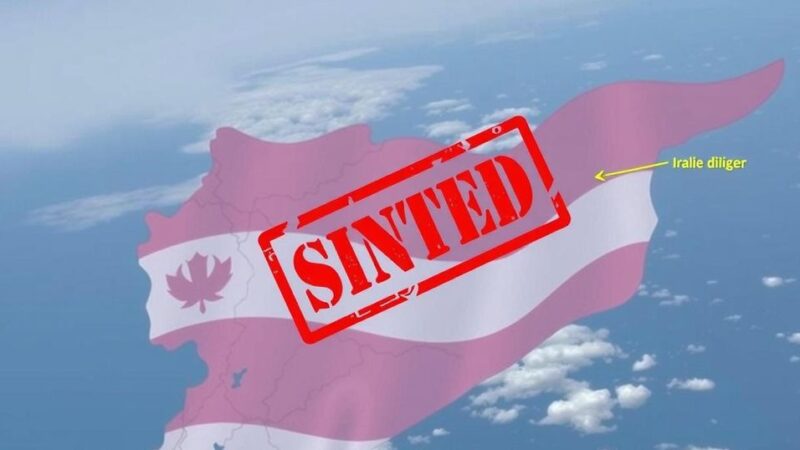Egypt has been certified malaria-free by the WHO, marking a historic achievement in public health. Meanwhile, Cuba faces severe power outages and flooding caused by Tropical Storm Oscar, with UN support on standby. In Mozambique, the UN calls for calm following the killings of opposition figures amid electoral tensions. South Sudan is dealing with severe flooding affecting nearly a million residents, with the WHO providing emergency health kits to combat rising health threats.
The international community witnessed significant developments as Egypt was officially certified as malaria-free by the World Health Organization (WHO), marking a monumental achievement in public health after a protracted battle against the disease that has afflicted the nation for millennia. According to Tedros Adhanom-Ghebreyesus, WHO’s Director-General, this accolade is a historic testament to Egypt’s commitment to eradicating malaria, an accomplishment that underscores the effectiveness of leveraging appropriate resources and tools in public health initiatives. Egypt becomes the third nation in the WHO Eastern Mediterranean region to achieve this status, joining the ranks of the United Arab Emirates and Morocco, and contributing to a total of 44 countries and territories worldwide that are now malaria-free. In Cuba, the situation is drastically different following extensive power outages affecting approximately 10 million citizens due to a failing power grid and the impact of Tropical Storm Oscar, which intensified the crisis with significant rainfall and potential flooding. The UN’s response team in Cuba is prepared to offer necessary technical assistance to cope with the ongoing disaster, highlighting the challenges posed by existing infrastructure issues and economic sanctions that have hindered essential repairs and resource acquisition. Meanwhile, in Mozambique, following the tragic killings of two opposition figures amidst electoral tensions, UN Secretary-General António Guterres has urged for a thorough investigation into the incidents. With the nation grappling with political instability and unrest, Guterres emphasized the need for calm among citizens and called for unity in anticipation of the official electoral results. Lastly, the WHO extended its support to South Sudan as the nation confronts unprecedented flooding affecting nearly a million individuals. The floods, exacerbated by climate change, have further complicated the humanitarian crisis, necessitating immediate intervention as cholera and malaria cases rise. WHO’s distribution of emergency health kits aims to mitigate the crisis, reflecting the organization’s commitment to assisting vulnerable populations suffering from severe health threats due to environmental calamities.
The events reported highlight critical global health and humanitarian concerns. Egypt’s malaria-free status is pivotal not only for the country but also serves as a beacon of hope for other nations struggling with similar health challenges. The implications of this certification resonate throughout the Eastern Mediterranean region and underline the potential for effective public health policies. The ongoing situation in Cuba illustrates the complications that arise from systemic infrastructure failures and natural disasters, necessitating international support to manage the crisis effectively. Furthermore, the political unrest in Mozambique, accentuated by violent incidents post-elections, showcases the volatility in areas undergoing democratic transitions. Lastly, the severe flooding in South Sudan exemplifies the intersection of climate change and health emergencies, requiring urgent humanitarian assistance and a coordinated response from global health organizations.
In conclusion, the developments across various regions underscore the diverse challenges faced by nations in public health and governance. Egypt’s success in eliminating malaria highlights the viability of public health initiatives while Cuba’s infrastructure struggles during a natural disaster call for immediate international aid. Mozambique’s political turmoil necessitates attentiveness to civil order and justice, and South Sudan’s flooding emphasizes the dire need for global support to safeguard vulnerable populations against emerging health threats. These events collectively reflect the pressing need for unity and cooperation in addressing global crises.
Original Source: news.un.org







